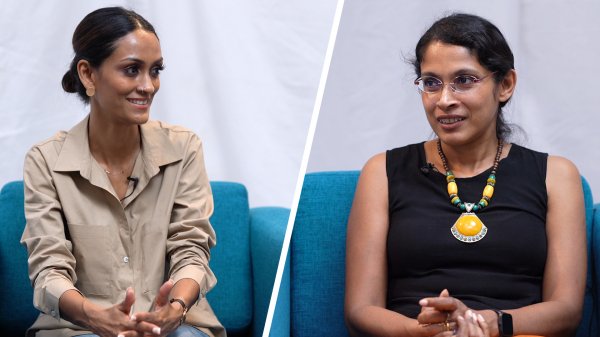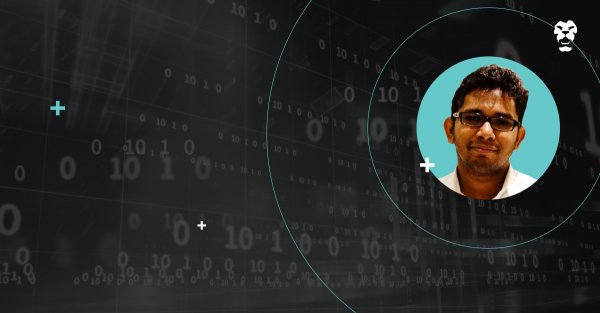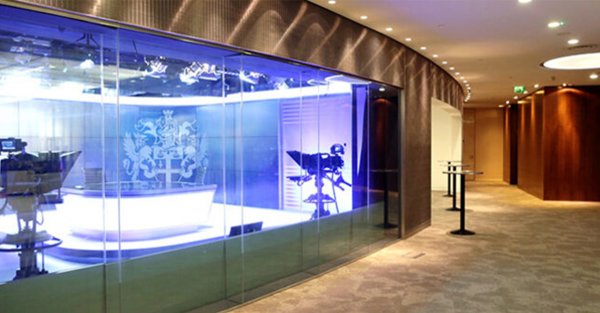.jpg?w=1200)
The London Stock Exchange Group (LSEG) will hold its next webinar in the LSEG Tech Talks series on October 01 2021. With four webinars successfully conducted, the series aims to equip seasoned veterans and newcomers in the field of finance and technology with the knowledge needed to face the challenges of tomorrow.
The upcoming webinar will focus on “Building a Great Career in Software Engineering”, led by Lilan Priyashantha. Carrying 15 years of experience in the industry, Lilan was the associate architect of the Millennium Exchange product that went live with London Stock Exchange in 2011, with record-breaking low latency and high capacity figures.
Having previously taken on the roles of Software Architect and Project Director, whilst specialising in software architecture and delivery for distributed mission critical software for capital market products, Lilan has served many global capital market leaders such as Johannesburg Stock Exchange, ICAP, and worked with more than 15 solutions in technical and leadership capacities.
Lilan obtained his Bachelor’s in Computer Science and Engineering from the University of Moratuwa in 2005. He mentors professionals to help them improve their overall value addition, and is the charter VP – public relations of the Millennium IT Toastmasters Club.
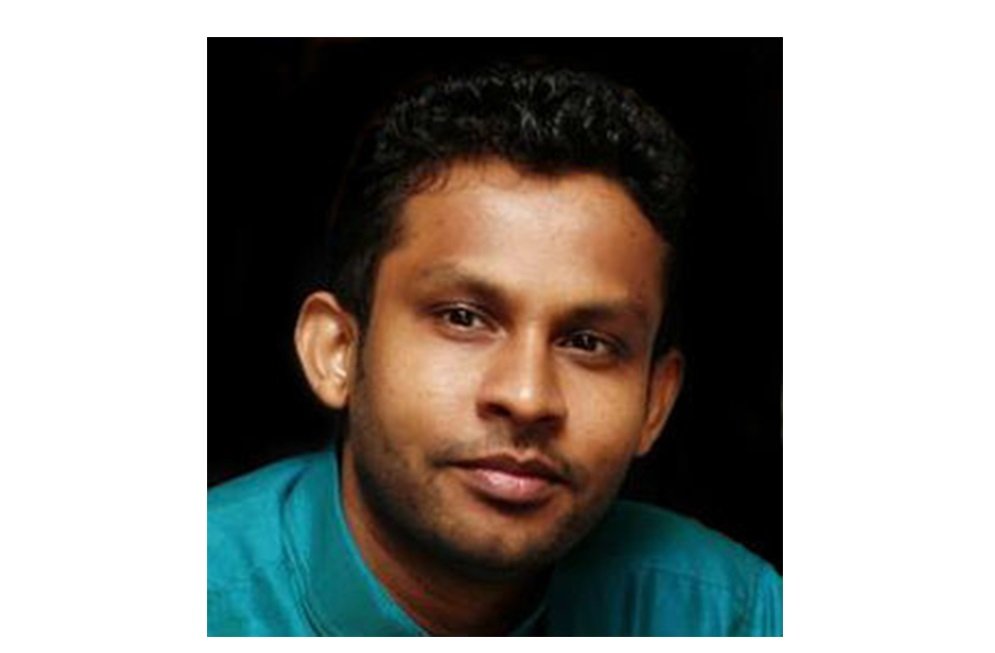
Speaking with Roar, Lilan gives us an expert’s insight into building a great career in software engineering and what to expect from his upcoming webinar.
- Software solutions have become increasingly useful to financial services. Could you tell us about the current demand for software engineers in this industry?
Back in 1993, there were only 15 graduates from the first batch of computer science and engineering students. Three decades later, we have 3000+ graduates each year and more than 80,000 professionals in the field. There is quite a high demand for software engineers in Sri Lanka, because digitalisation and automation have become key themes in every industry. More specifically, Machine Learning, Big Data, Distributed Ledger Technology, and Cloud Native Application Development are a few fields that are rapidly growing.
- Apart from technological skills, what soft skills should be mastered when pursuing a career in software engineering?
While being excellent at development remains at the foundation of software engineering, cultivating soft skills that allow you to add value to your team is a game-changer. Good communication, emotional intelligence, and adaptability are just a few skills that should be mastered.
During this webinar, I hope to provide a guide on skill sets that can be cultivated to build a thriving career. With the use of selective tips, I’ll be highlighting how to effectively utilise feedback, marketing, and other simple yet often overlooked tools. For example, the “ten thousand hour rule” helps individuals understand how to plan their careers by spending a considerable amount of time focusing on key areas of work, whilst enhancing their scope using feedback from others and reflection.
- What are the challenges software engineers are likely to face in the modern world?
Life during a pandemic has caused a great shift in how people work. While working from home was once considered a luxury, it has now become the norm. However, this flexibility brings various new challenges, one such being managing work-life balance.
Another glaring concern is adaptability. A software engineer that lacks adaptability is vulnerable and provides less value addition to their company. Sharpening strengths while expanding skill sets and learning how to cohesively work with others can prepare software engineers for the modern world. I’ll be speaking on various hacks, including cultivating agility and calming focus techniques for body-mind-soul, to keep them at their peak, and counter these two concerns.
- Why is emotional intelligence in teams important to a workplace?
Based on personal observation and surveys, an average team with high emotional intelligence can outperform a team with high intellectual levels and low emotional intelligence. This is why emotional understanding, empathy, effective communication, inclusive decision making, and the ability to work within a team are some of the most important factors to consider when hiring individuals.
Particularly during the transition from University Student to Software Engineer, individuals soon face tense situations and difficulties. Learning to control one’s emotions and support teammates in tough times helps develop essential leadership skills.
- As a newcomer or veteran, how can software engineers stay current in this field?
Agile development helps ensure high quality results in a tough, changing environment by way of continuous inspection and adaptation, among other processes. In an organisational context, using agile methodologies to respond to change definitely provides plenty of tools and support.
On an individual basis, however, embracing an agile philosophy; i.e. plan-do-inspect-adapt, in addition to experimentation and learning from feedback faster will significantly help one succeed and stay relevant in this field, regardless of levels of expertise.
End of Q&A
In order to be successful in the field of software engineering, development beyond technological skills is crucial. For more tips on how to build a great career in software engineering, tune in to Lilan’s up-coming webinar.
Follow the link below and sign up to participate:
https://lseg.zoom.us/webinar/register/WN_ovr3qqByRl-jR8ABft6NeQ

.jpg?w=600)
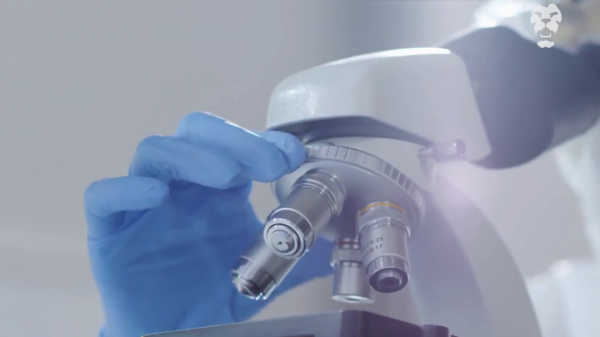
.jpg?w=600)
